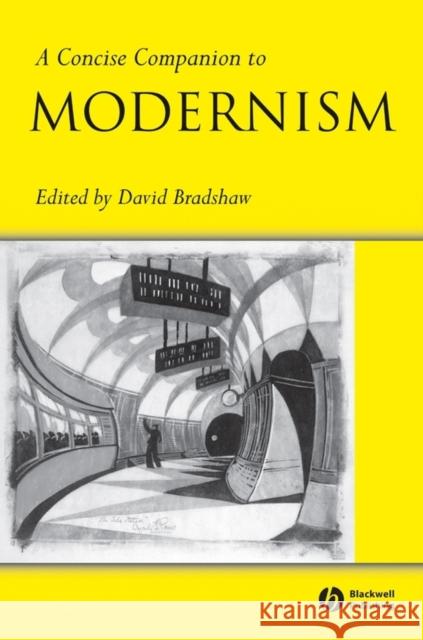Concise Comp To Modernism » książka
topmenu
Concise Comp To Modernism
ISBN-13: 9780631220558 / Angielski / Miękka / 2002 / 308 str.
This concise Companion offers an innovative approach to understanding the Modernist literary mind in Britain, focusing on the intellectual and cultural contexts, which shaped it.
- Offers an innovative approach to understanding the Modernist literary mind in Britain.
- Helps readers to grasp the intellectual and cultural contexts of literary Modernism.
- Organised around contemporary ideas such as Freudianism and eugenics rather than literary genres.
- Relates literary Modernism to the overarching issues of the period, such as feminism, imperialism and war.











